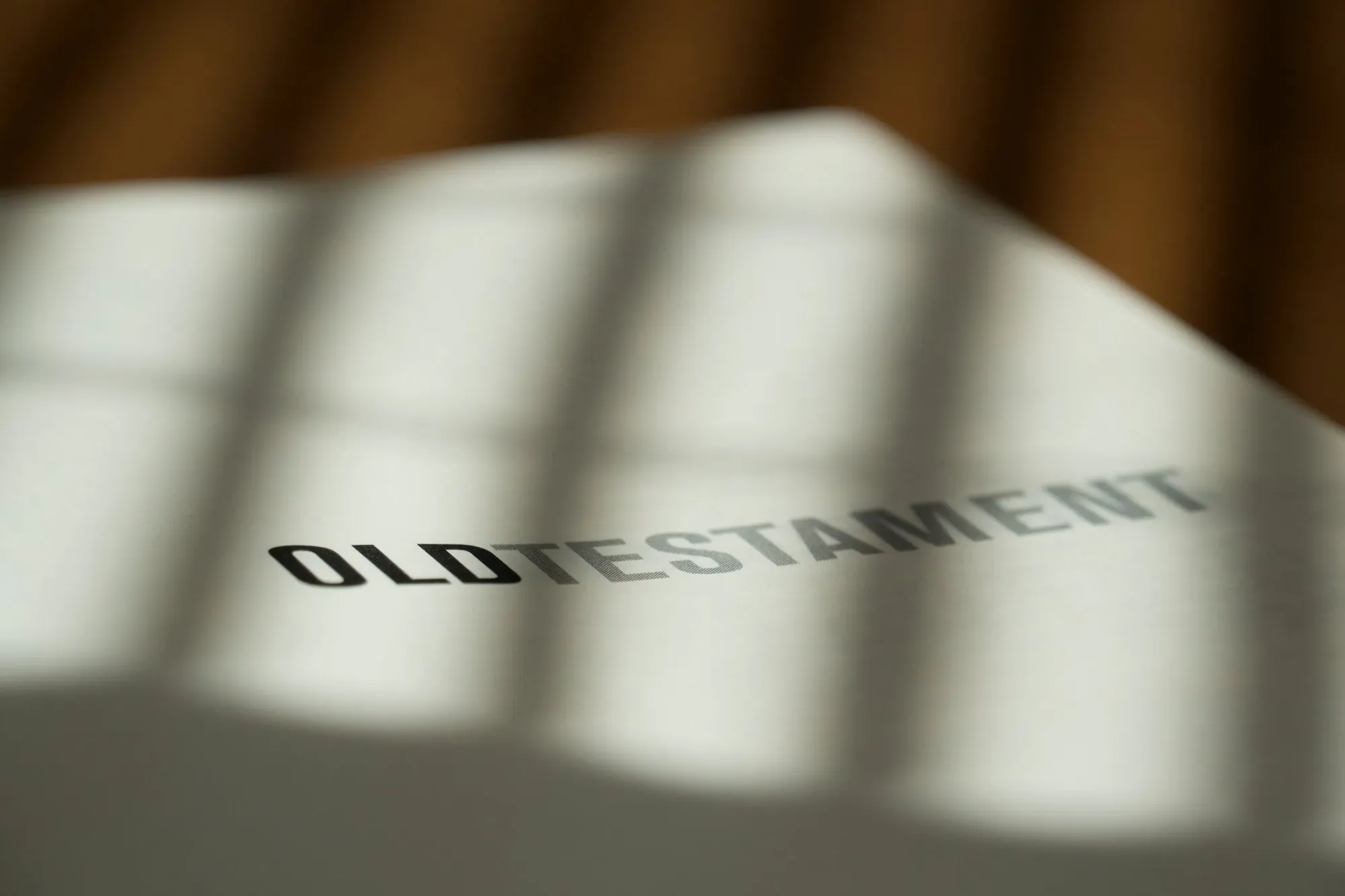Leviticus – Bible Brief

Leviticus is the third book of Moses in the Pentateuch and is a continuation of the book of Exodus, picking up where Exodus ends by detailing offerings and holy days, among others. Anyone who has started a through the Bible reading plan has likely been challenged to make it through this book. While it is important to read Leviticus in context, understanding the ways the book shape Christianity can help us better understand and read it.
Aside from two narrative passages (Leviticus 10:1-20, 24:10-23), the book of Leviticus is almost entirely legislative, meaning it outlines regulations for the Israelites who were recently freed from Egypt (Exodus 14). It can be divided into two distinct sections: chapters 1-16 outline ritual laws (the types of sacrifices) and chapters 17-27 define ethical laws (rules and festivals to be observed). The two sections complement each other by showing the Israelites how to be holy so they could worship and glorify God.
Leviticus shows how merciful and gracious God is. Since God is holy (Isaiah 6:3), He would be just to disqualify anyone from worshipping Him after committing any sin. But then Leviticus 4:27–28 says, “If anyone of the common people sins unintentionally in doing any one of the things that by the LORD’s commandments ought not to be done, and realizes his guilt, or the sin which he has committed is made known to him, he shall bring for his offering a goat, a female without blemish, for his sin which he has committed.” In other words, God provided a way for His people to regain a right standing before Him so that they could worship Him.
We cannot fully understand the work of Christ without understanding the sacrifices defined in Leviticus. References are often made to the Old Testament offerings and their fulfillment in Christ. For example, Hebrews 5:1-4 describes the sin offering made by the high priest. The high priest himself was sinful, so, “Because of this he is obligated to offer sacrifice for his own sins just as he does for those of the people” (Hebrews 5:3). This verse points back to the sin offering outlined in Leviticus 4:3.
The perfect work of Jesus is later shown in Hebrews 9:25–26 when the writer says that Jesus did not, “offer himself repeatedly, as the high priest enters the holy places every year with blood not his own, for then he would have had to suffer repeatedly since the foundation of the world. But as it is, he has appeared once for all at the end of the ages to put away sin by the sacrifice of himself.” This passage shows why the sacrifice of Jesus is superior to the sacrifice of the high priest. We can understand this without having read Leviticus, but we can appreciate it more fully if we understand the basis of Jesus’ sacrifice.
Admittedly, it can be difficult to see all the connections between the laws of Leviticus and Jesus’ perfect fulfillment of them. It will be helpful to read Leviticus with a good study Bible to help make the connections.
God’s standard of holiness has never changed. If we want to be in His presence and worship Him, we must be holy. For this, we must have had our sin atoned for. The book of Leviticus clearly displays God’s laws for holiness; the better we understand His rules, the more we can thank Him for giving His Son Jesus Christ to secure our eternal holiness in His presence.
